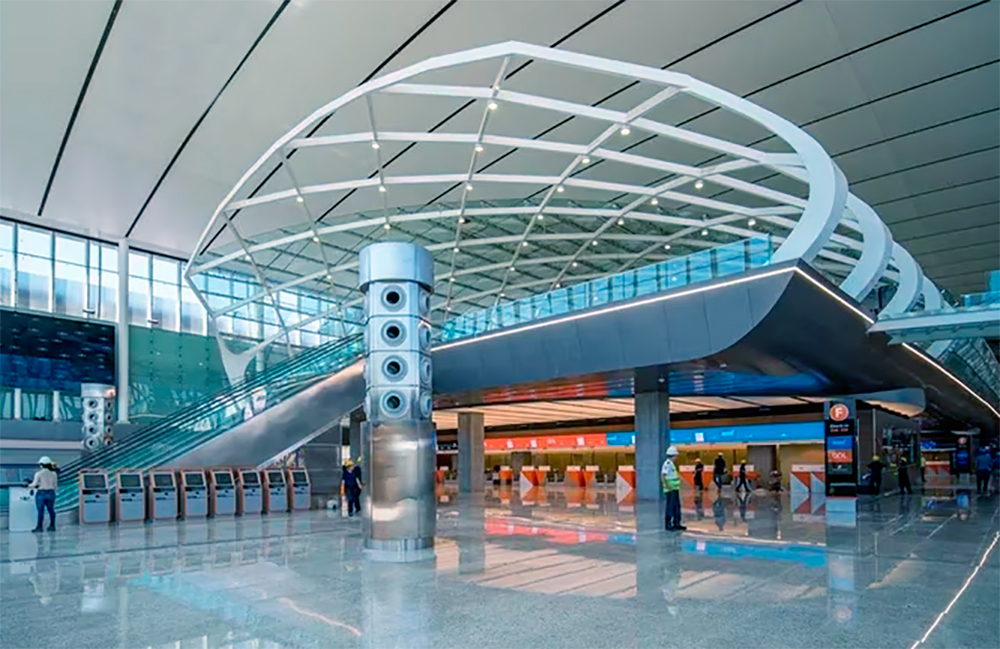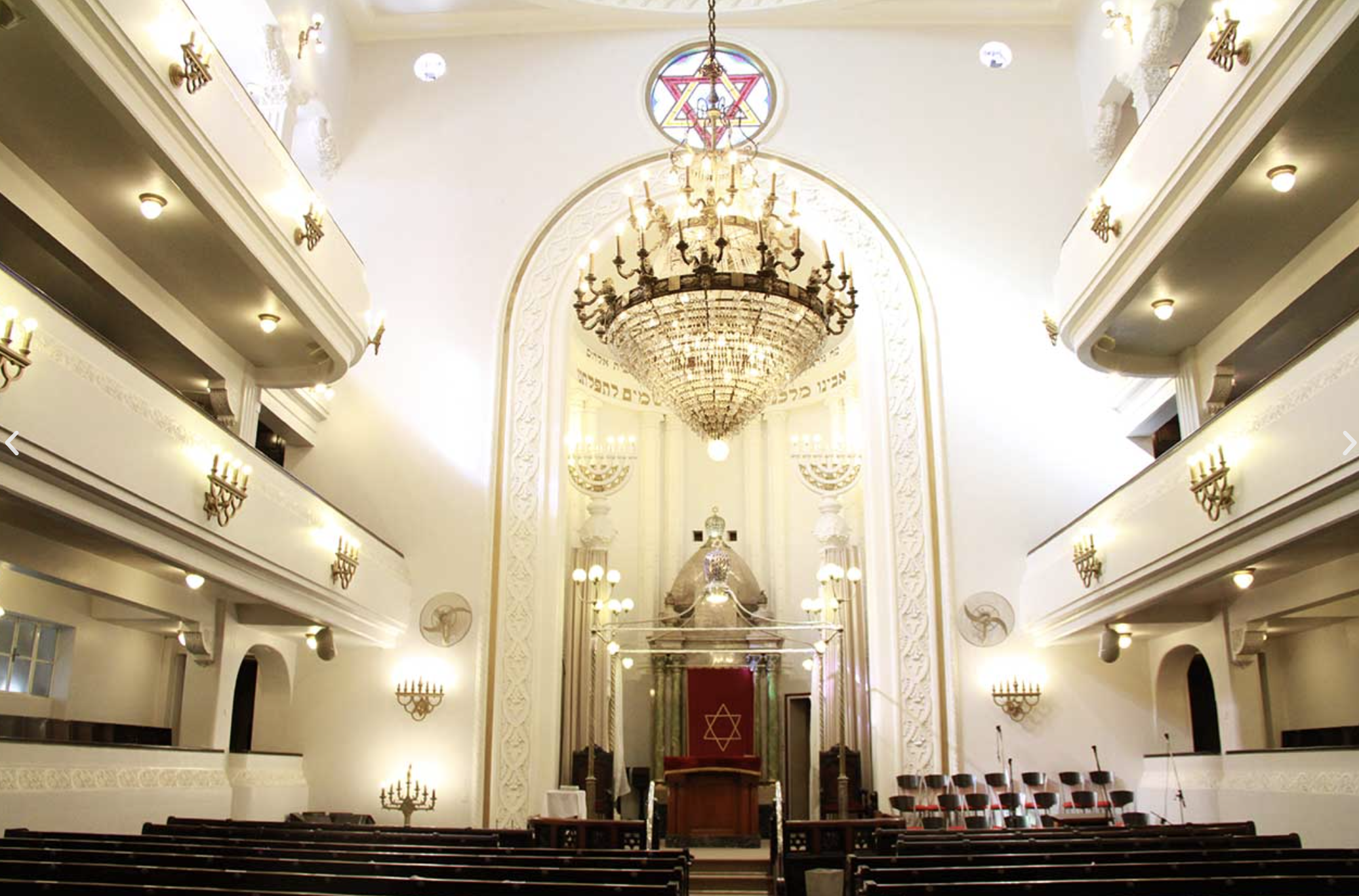How to Navigate Argentina’s Domestic Flights and Connectivity: Expert Tips for Your Trip in Argentina
Argentina, a land of breathtaking landscapes and vibrant culture, offers a plethora of travel experiences that often require efficient domestic flights. Whether you’re heading from Buenos Aires to Mendoza, exploring Patagonia, or visiting the stunning Iguazú Falls, understanding the nuances of domestic air travel in Argentina is crucial for a smooth journey. Here’s a comprehensive guide on what to expect and how to make the most of your flights within this diverse country.
Why Domestic Flights Are Essential in Argentina
Given Argentina’s vast size, domestic flights are often the most practical way to cover long distances. Major cities like Buenos Aires, Córdoba, and Rosario are well-connected, but reaching remote destinations such as Mendoza, Salta, Ushuaia or El Calafate necessitates flying. Understanding the domestic flight landscape will help you plan your trip more effectively.
Here are some flying times between key cities in Argentina:
Buenos Aires to Mendoza: Approximately 1 hour and 40 minutes
Buenos Aires to Córdoba: About 1 hour and 20 minutes
Buenos Aires to Bariloche: Around 2 hours and 10 minutes
Buenos Aires to Iguazú Falls (Puerto Iguazú): Roughly 1 hour and 50 minutes
Buenos Aires to Ushuaia: Approximately 3 hours and 10 minutes
Córdoba to Mendoza: Around 1 hour and 10 minutes
Córdoba to Bariloche: About 2 hours and 30 minutes
Mendoza to Bariloche: Roughly 1 hour and 50 minutes
Mendoza to Iguazú Falls: Around 2 hours and 30 minutes
How to Book Domestic Flights in Argentina
Major Airlines and Booking Tips
Argentina’s domestic air travel is served by several major airlines. Aerolíneas Argentinas, the country’s flagship carrier, is complemented by budget airlines such as Flybondi and JetSMART, offering a variety of flight options. To secure the best fares, it’s advisable to book early and compare prices using platforms like Aerolíneas Argentinas’ official site, Despegar, and Google Flights.
If you choose to book your flights independently rather than through a local travel agent, be mindful of several key factors:
- Airport Selection: Ensure you’re booking flights from and to the correct airports, as major cities can have multiple airports with different service levels.
- Baggage Policies: Check that the fare you select includes luggage, as policies can vary significantly between airlines and fare types.
- Refund and Change Policies: Confirm whether your fare is refundable or changeable, depending on your needs and potential travel changes.
- Connection Time: Allow sufficient time between connecting flights to avoid missing connections. Tight layovers can lead to missed flights if delays occur.
- Airport Transfer: Pay attention to the time needed to transfer between airports if your connections involve different terminals or locations.
Google Flights and Booking online:
Very Important Tip:
Booking flights online is undoubtedly convenient, but our experience indicates that about 50% of travelers end up making costly mistakes. When issues arise, such as flight rescheduling or cancellations, they often face unresponsive customer service from airlines like Aerolíneas Argentinas, resulting in frustration and unexpected expenses. To avoid these pitfalls, we strongly recommend working with a local travel agency. In countries like Argentina, having a knowledgeable team with established airline connections can significantly streamline problem resolution and enhance your travel experience.
If you book your flights directly with the airline or through a third-party website, any changes or communications must be handled through the same channel where you made the reservation. Our company will not be able to assist with modifications if the flight was not booked through us. While our team is eager to support you, we are limited by the airline’s booking policies and cannot make changes on your behalf if the reservation was not made through our services.
Overcoming Language Barriers
While many airlines and booking sites offer English options, having a basic understanding of Spanish can be helpful. Use translation apps if needed to bridge any language gaps during your booking and travel process.
What to Expect at Argentine Airports
Facilities and Services
Major airports, such as Buenos Aires’ Ministro Pistarini International (EZE) and Jorge Newbery (AEP), offer a wide range of amenities, including lounges, restaurants, and shops. Smaller regional airports may provide more basic services, so plan accordingly based on your departure and arrival points.
Security and Check-In
Arrive at least two hours before your domestic flight and three hours before your international flight to allow ample time for check-in, security, and any potential delays. While security procedures are generally standard, be prepared for varying levels of thoroughness depending on the airport.
Common Connectivity Challenges and Solutions
a. Handling Flight Delays and Cancellations
Weather conditions, particularly in areas like Patagonia, can lead to flight delays or cancellations. To mitigate this, keep your schedule flexible and allow extra time for connecting flights.
Key Tip:
We advise against scheduling a domestic flight to Buenos Aires on the same day as your international departure. If your domestic flight experiences delays or cancellations due to weather or other issues, you could risk missing your international connection. To avoid potential disruptions, it’s best to allow a buffer between your domestic arrival and international departure.
b. Dealing with Internet Connectivity
In more remote areas, internet connectivity may be unreliable. Download important documents and maps before your trip, and check for airport Wi-Fi availability, though it might be inconsistent.
Top Tips for a Smooth Domestic Flight Experience
Keep Important Documents Accessible
Ensure you have your passport or ID, flight confirmations, and any other necessary documents readily available. Digital copies stored securely can also be helpful in case of loss.
b. Pack Light for Convenience
Adhere to baggage limits, typically 15-23 kg (33-50 lbs) for checked luggage and 5-10 kg (11-22 lbs) for carry-on items. Packing light makes airport navigation easier and avoids extra baggage fees.
c. Use Local Apps
Download apps like Aerolíneas Argentinas and Google Maps for real-time flight updates and airport information. Ride-sharing apps like Uber and Cabify are also convenient for getting around major cities.
**d. Plan for Contingencies
Have a backup plan for potential delays or cancellations. Keep emergency contact information handy and consider travel insurance that covers flight disruptions for added peace of mind.
VIP Lounges at Ezeiza Airport (EZE)
Ministro Pistarini International Airport (EZE), commonly known as Ezeiza Airport, in Buenos Aires, Argentina, has several VIP lounges available for passengers. Here’s an overview of the VIP lounge options and how to access them:
1. Aeropuertos VIP Club
– Location: Terminal A, near the International Departure gates.
– Access: Available to passengers flying with certain airlines, and those with specific credit cards or membership programs. You can also purchase access if you’re not eligible through other means.
2. Star Alliance Lounge
– Location: Terminal A, accessible to passengers flying with Star Alliance member airlines.
– Access: Available to business and first-class passengers of Star Alliance airlines, as well as frequent flyer members with certain status levels.
3. VIP Club Lounge
– Location: Terminal A, in the international departures area.
– Access: Open to various airlines’ business class passengers, as well as members of certain frequent flyer programs. Access may also be available through lounge membership programs.
How to Get to the VIP Lounges
- Check Eligibility: Before heading to the lounge, check if you’re eligible for access through your airline, credit card benefits, or lounge membership programs.
- Location Information: Once at Ezeiza Airport, follow signs to the International Departure area. VIP lounges are typically located in the departure hall, past security and immigration controls.
- Lounge Access: If you’re not eligible through your ticket or membership, you may be able to purchase a day pass directly at the lounge, subject to availability.
- Check-in: Some lounges require you to check in or present your boarding pass and travel documents, so have them handy.
- Customer Service: If you’re unsure about lounge access or need assistance, visit the information desks located throughout the airport.
For the most accurate and updated information, including specific lounge locations and access requirements, visit the official Ezeiza Airport website or contact your airline
Meet and Greet Service at Ezeiza and Aeroparque Jorge Newbery Airports
A “Meet and Greet Service” at Ezeiza Airport (EZE) is a personalized assistance service designed to make your travel experience smoother and more comfortable. Here’s what you can expect from this service:
- Arrival Meet and Greet Service
- Flight Monitoring: A dedicated agent monitors your flight to ensure they are ready to meet you upon arrival.
- Personalized Greeting: The agent will meet you at the arrival gate with a sign bearing your name or company logo.
- Assistance Through Customs: They will assist you through passport control and help you navigate the airport.
- Baggage Handling: The agent will guide you to the baggage claim area and assist with retrieving your luggage.
- Porter Services: If arranged in advance, porters can help carry your bags.
- Transportation: You will be escorted to your pre-arranged transportation or meeting party.
Departure Meet and Greet Service
- Pre-arranged Meeting: An agent will meet you at a designated spot in the airport, as arranged with you or your driver.
- Porter Services: Available if prearranged, to help with your luggage.
- Check-In Assistance: The agent will assist with check-in procedures and any VAT refund requests.
- Security and Immigration: They will expedite you through security checks and passport control.
- Lounge Access: If you have lounge access, the agent will take you there, or directly to the gate if not.
- Flight Monitoring: The agent will keep track of your flight status and guide you to the boarding gate at the appropriate time.
This service is ideal for travelers seeking a stress-free airport experience, with dedicated assistance throughout their journey.
Looking for the ultimate travel experience in Argentina? Check out our blog posts and resources for essential tips and advice.
Ready to take it to the next level? Get in touch with our expert team now! We’ll handle every detail to guarantee a flawless and extraordinary trip. Act now and let us make your adventure truly exceptional!



